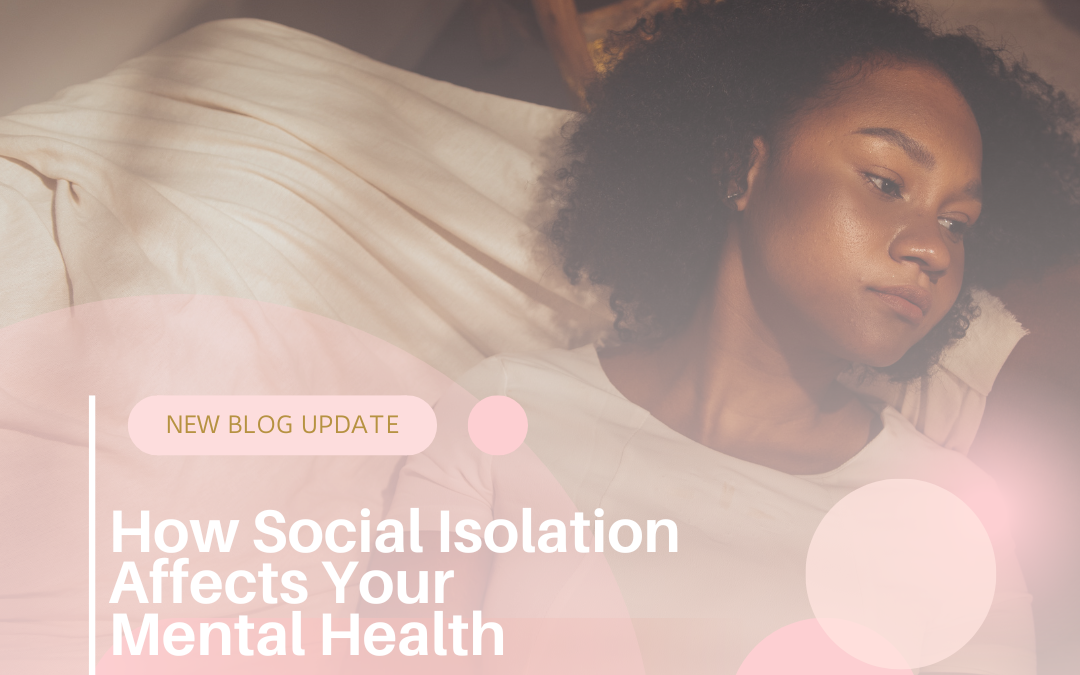Many of us experienced the difficulties of social isolation during the recent pandemic. Although life has largely returned to normal, for some people, social isolation remains a constant part of their lives.
Common Causes of Social Isolation
People may find themselves isolated or choose isolation for various reasons:
- Abusive relationships – Those in toxic situations often withdraw from loved ones to keep their circumstances hidden.
- Grief – Isolation is common after the loss of a loved one, especially for seniors who have lost many friends and family members.
- Mental health challenges – Anxiety, depression, and low self-esteem can lead people to distance themselves from others.
- Physical limitations – Individuals with mobility issues or other physical challenges may feel safer and more comfortable staying at home.
The Health Effects of Social Isolation
The mind and body are deeply connected, and prolonged isolation can take a toll on physical health, including:
- Reduced immune function
- Sleep disturbances leading to inflammation and hormonal imbalance
- Cardiovascular issues
- Cognitive decline and higher dementia risk
- Increased stroke risk and delayed wound healing
- Higher risk of premature mortality
Coping with Social Isolation
If you’re experiencing isolation, it’s important to recognize its impact on your mental, emotional, and physical well-being. Here are some ways to cope:
- Prioritize self-care
- Spend time outdoors
- Reengage with hobbies
- Seek support
If isolation is affecting your mental health, I offer online therapy for those who feel more comfortable connecting from home. Please reach out to discuss how I can help you.


Recent Comments